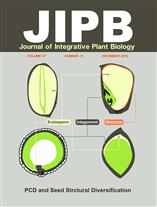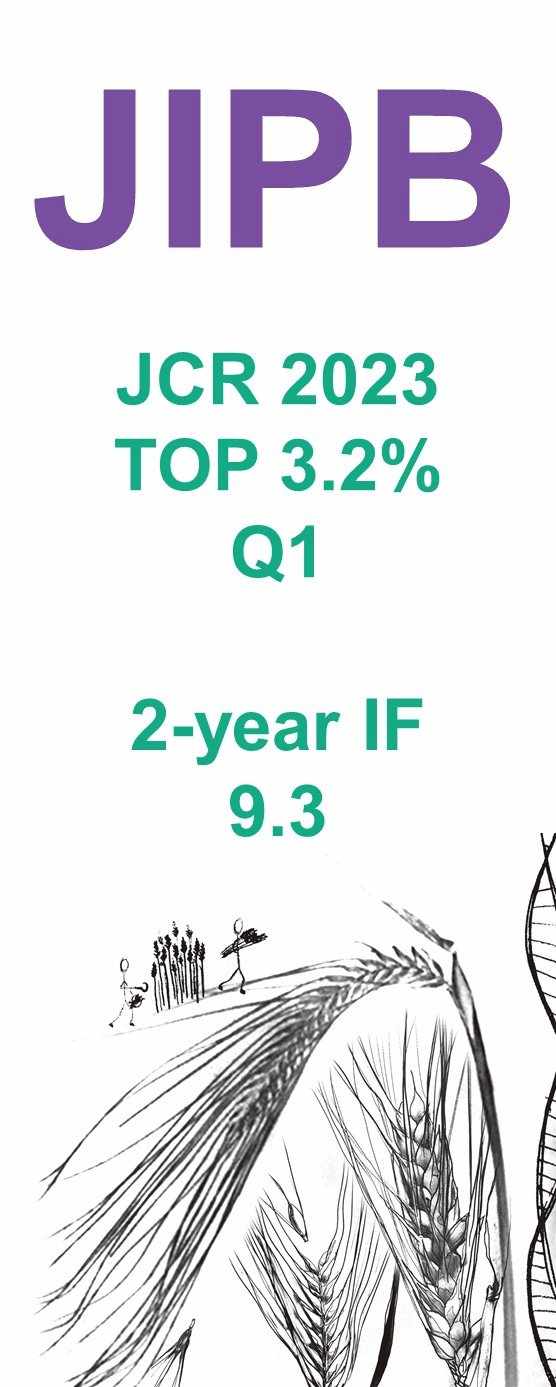Author: Shiping Cheng, Zhen Huang, Yun Li, Ting Liao, Yujing Suo, Pingdong Zhang, Jun Wang, and Xiangyang Kang
In this report, we compared transcriptomic differences between a synthetic Populus section Tacamahaca triploid driven by second-division restitution and its parents using a high-throughput RNA-seq method. A total of 4,080 genes were differentially expressed between the high-growth vigor allotriploids (SDR-H) and their parents, and 719 genes were non-additively expressed in SDR-H. Differences in gene expression between the allotriploid and male parent were more significant than those between the allotriploid and female parent, which may be caused by maternal effects. We observed 3,559 differentially expressed genes (DEGs) between the SDR-H and male parent. Notably, the genes were mainly involved in metabolic process, cell proliferation, DNA methylation, cell division, and meristem and developmental growth. Among the 1,056 DEGs between SDR-H and female parent, many genes were associated with metabolic process and carbon utilization. In addition, 1,789 DEGs between high- and low-growth vigor allotriploid were mainly associated with metabolic process, auxin poplar transport, and regulation of meristem growth. Our results indicated that the higher poplar ploidy level can generate extensive transcriptomic diversity compared with its parents. Overall, these results increased our understanding of the driving force for phenotypic variation and adaptation in allopolyploids driven by second-division restitution.
Cheng S, Huang Z, Li Y, Liao T, Suo Y, Zhang P, Wang J, Kang X (2015) Differential transcriptome analysis between Populus and its synthesized allotriploids driven by second-division restitution. J Integr Plant Biol 57: 1031–1045 doi: 10.1111/jipb.12328




 Scan the QR code to view JIPB on WeChat
Scan the QR code to view JIPB on WeChat













